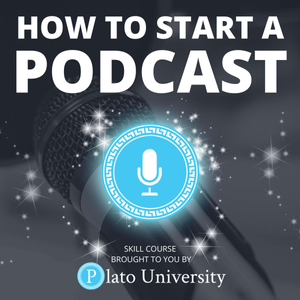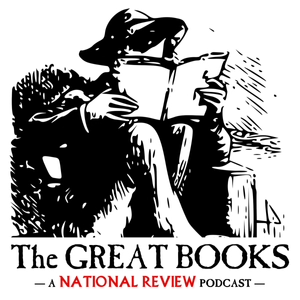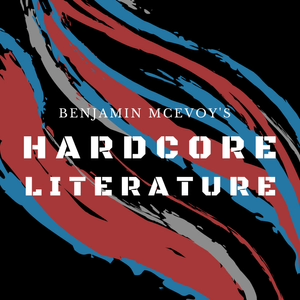
Lessons learnt from the Pandemic
05/13/21 • 59 min
Previous Episode

What is to be done about fake news in politics?
Contributor(s): Kate Klonick | The problem of fake news and other contentious online content is one of our most pressing challenges - it is widely believed to have played a major role in the election of President Donald Trump, the outcome of the Brexit Referendum, and in general threatens the healthy functioning of news media in modern democracy. Our panellists will discuss the risks of deceptive content (both mis and dis information) and will examine what a healthy and mature democracy such as the United Kingdom should do to combat those risks while protecting the rights of individuals and political parties to engage in open and free political debate. Meet our speakers and chair Kate Klonick (@Klonick) is an Assistant Professor at St. John's University Law School and an Affiliate Fellow at Yale Law School’s Information Society Project. Her research on networked technologies' effect on social norm enforcement, freedom of expression, and private governance has appeared in the Harvard Law Review, Yale Law Journal, The New Yorker, New York Times, The Atlantic, The Guardian and numerous other publications. Andrew Murray (@AndrewDMurray) is Professor of Law at LSE with particular reference to New Media and Technology Law. He is also Deputy Head of the Department. In 2018/19 he was the specialist advisor to the House of Lords Communications Committee inquiry “Regulating in a Digital World”. Chi Onwurah (@ChiOnwurah) is the Shadow Minister for Science, Research & Digital and the Labour MP for Newcastle upon Tyne Central. Prior to this she was Shadow Minister for Industrial Strategy, Science and Innovation. Jeremy Horder is Professor of Criminal Law at LSE. He was Chairman of Oxford’s Faculty of Law from 1998-2000. From 2005-2010, he was a Law Commissioner for England and Wales, with responsibility for criminal law reform, before becoming Edmund Davies Professor of Criminal Law at King’s College London, from 2010-2013. More about this event The Department of Law (@LSELaw) is one of the world's top law schools with an international reputation for the quality of its teaching and legal research. Our community is one of the largest in the School, and has played a major role in policy debates, policy-making and the education of lawyers and law teachers globally. This event forms part of LSE’s Shaping the Post-COVID World initiative, a series of debates about the direction the world could and should be taking after the crisis. Twitter Hashtag for this event: #LSECOVID19
Next Episode

Who's a Good Boy?
Contributor(s): Professor Kristin Andrews, Professor Sarah Brosnan, Dr Susana Monsó | Do non-human animals have morals? Can chimpanzees tell right from wrong? Do dolphins think about what they ought to do? And can a dog really be good? Recent scientific work can shed light on these issues, but they also take us to the heart of two great philosophical questions: what does it mean to be moral and what (if anything) makes humans unique? Meet our speakers and chair Kristin Andrews (@KristinAndrewz) is York Research Chair in Animal Minds at York University, Canada. Sarah Brosnan (@drsfbrosnan) is Distinguished University Professor of Psychology, Philosophy and Neuroscience at Georgia State University. Susana Monsó (@Susana_MonsO) is Lise Meitner Fellow at the Messerli Research Institute, Vienna. Jonathan Birch (@BirchLSE) is Fellow at the Forum for Philosophy and Associate Professor of Philosophy at LSE. More about this event The Forum for Philosophy (@forumphilosophy) hosts events exploring science, politics, and culture from a philosophical perspective. Twitter Hashtag for this event: #LSEForum
If you like this episode you’ll love
Episode Comments
Generate a badge
Get a badge for your website that links back to this episode
<a href="https://goodpods.com/podcasts/lse-public-lectures-and-events-35589/lessons-learnt-from-the-pandemic-13762547"> <img src="https://storage.googleapis.com/goodpods-images-bucket/badges/generic-badge-1.svg" alt="listen to lessons learnt from the pandemic on goodpods" style="width: 225px" /> </a>
Copy




